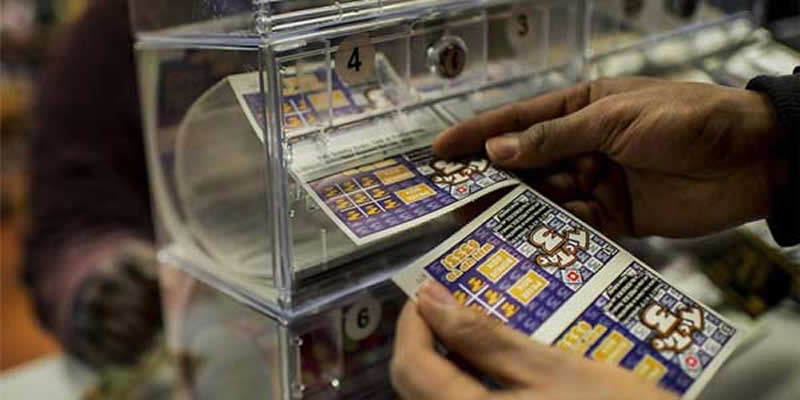There are now five remaining U.S. states with no lottery offerings: Utah, Nevada, Hawaii, Alabama, and Alaska.
Mississippi removes itself from the list of U.S. states with no lottery as of August 31st, 2018 after a special session with the state House of Representatives. MS Governor Phil Bryant, who had until mid-September to act, signed the Alyce G. Clarke Mississippi Lottery Act into law which would allow the state to offer lottery options through physical retailers come next year. The Governor highly supports the Lottery Act known as MS Senate Bill 2001 as a means to provide funding and invest in Mississippi’s infrastructure.
The state of Mississippi is in desperate need of tax revenue as their infrastructure crumbles due to insufficient budget funds. The state currently suffers from eroded bridges and unmaintained roads, which they hope will be repaired as soon as the lottery becomes operational. The state has permitted the use of online shopping taxes to support state and county infrastructure budgets, but these taxes barely meet their needs at this moment in time.
Plans to allocate Mississippi’s Lottery are included within the Act. Lottery proceeds will be designed to be used monthly to further support and fund infrastructure needs in the state. Within plans for infrastructure improvements, other dedicated projects will be funded for using the remaining proceeds after 50% of gross revenue is paid out in prizes and 15% to operations costs.
The state’s lottery offers will be overseen by the Mississippi Lottery Corporation which may take up to a year or more to establish. The Corporation will be managed by five board members and one full-time day-to-day operations President, members will have a five-year rotating term with no more than two terms served. The members will be appointed by the Mississippi Governor and are subjected to background screening, public hearings, and meetings before their official employment date.
The lottery itself will provide instant win games and draw-based games. However, the law signed by the State Governor clearly states that no online platforms or video lottery terminals may be used for the sale of MS lottery tickets. The new state lottery law also prevents individuals under the age of 21 from playing any lottery games.
Mississippi began offering casino gambling in 1992 and in 2018, the state legalized sports gambling. The recent legislative approval of a state lottery is a huge step for Mississippi who long ignored viable state-regulated gambling opportunities. More than likely, the MS state lottery is expected to begin operating in the last quarter of 2019 or first quarter of 2020.

